Food

Chickpeas are a very important crop and food in India. They are used almost every day in meals and snacks. India is the largest producer, consumer, and importer of chickpeas. And with good reason — they are high in protein, fiber, and vitamins and minerals.

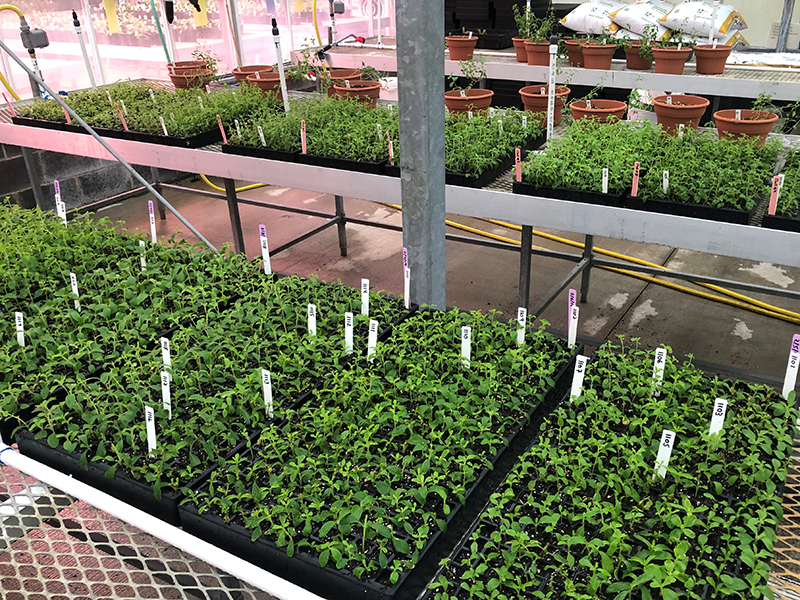
It’s a fact - humans love sugar. For those of us who also like to watch our calories, sugar substitutes can help.
Some zero-calorie or low-calorie sweeteners have attracted bad reputations for containing unnatural ingredients. But there are also natural sweeteners derived from plants, like stevia.

In recent years, hummus has become a pop culture food phenomenon, drawing praises from dieticians for the health benefits and chefs for the flavor.

However, the core ingredient, the chickpea, has had its production threatened.
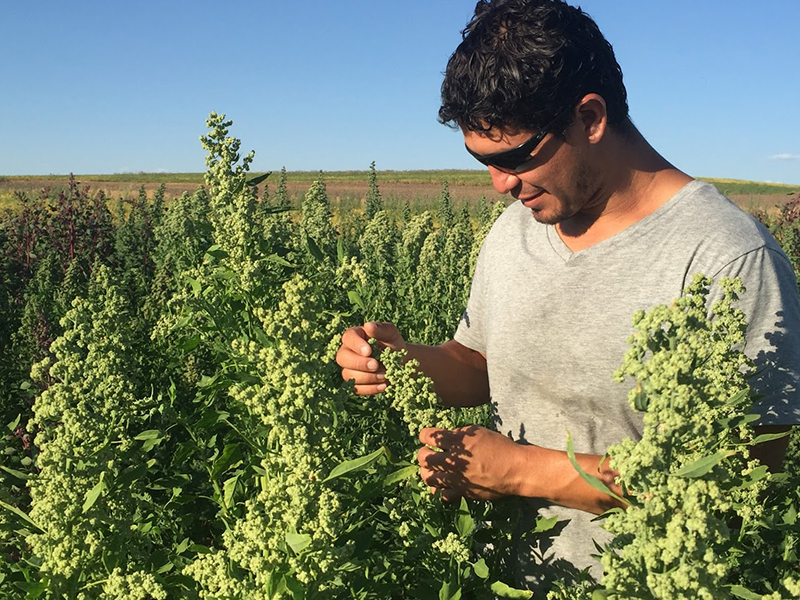
Your morning cereal or oatmeal. The bread on your sandwich. The corn chips for your snack, and the cookies for dessert. Not one would be possible with the humblest of ingredients: the seed.
Seeds such as wheat, rice and corn directly provide about 70% of the calories eaten by people every day. And they ultimately provide nearly every morsel of food, either by providing feed for livestock or by being grown into fruits and vegetables. It’s no overstatement to say that without seeds, civilization would be impossible.

Yams are a staple food in West Africa, which produces over 90% of the world’s yams each year. Yams play a key role in the food security, economic income, and traditional culture for the region.


When most people hear “food contamination,” they think of bacteria present on unwashed fruits or vegetables, or undercooked meat. However, there are other ways for harmful contaminants to be present in food products.

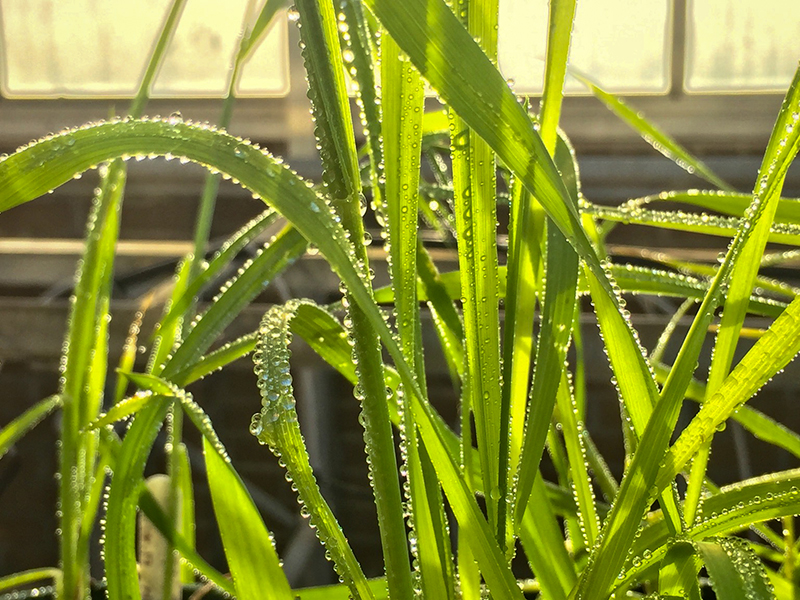
The United States Department of Agriculture identifies a group of “big eight” foods that causes 90% of food allergies. Among these foods are wheat and peanuts.

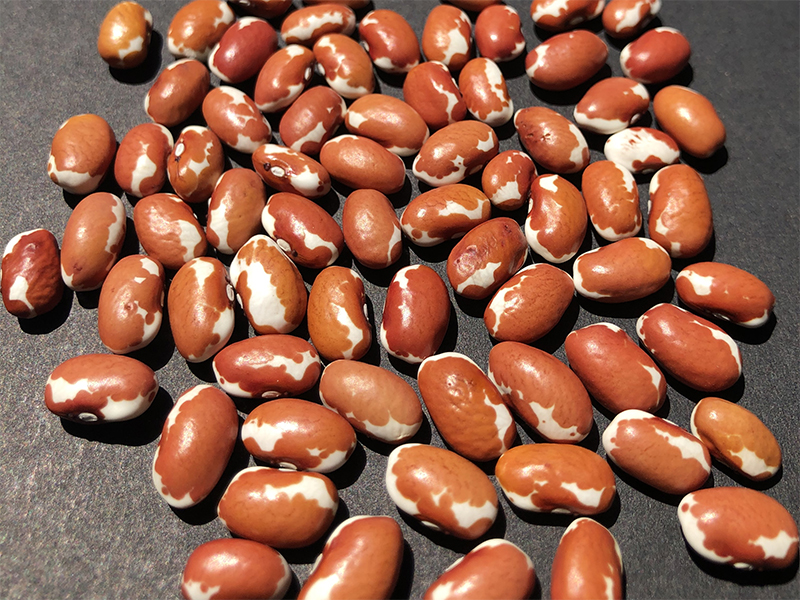
Plant breeders are constantly working to develop new bean varieties to meet the needs and desires of the food industry. But not everyone wants the same thing.
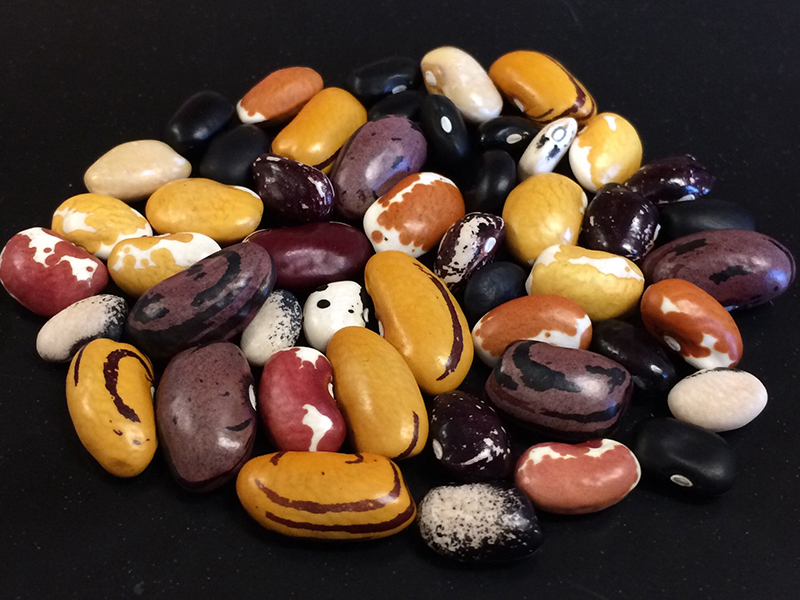
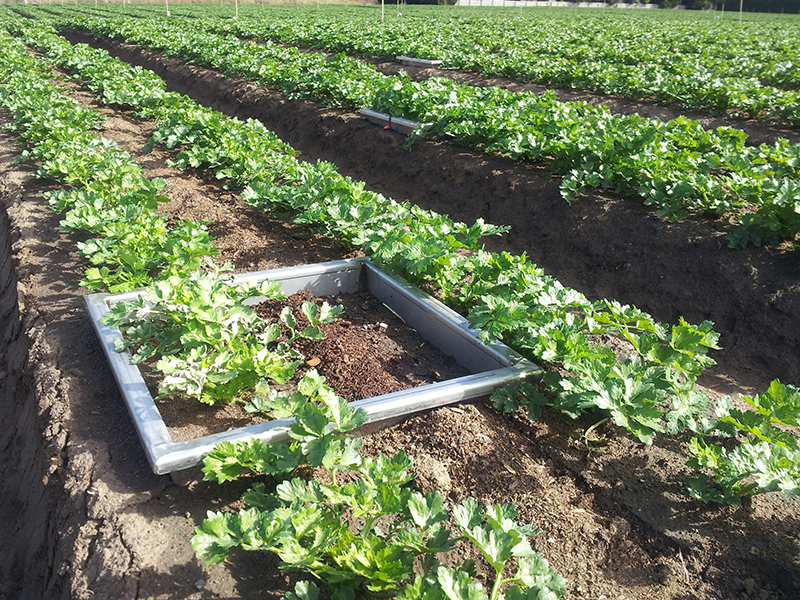
The element nitrogen is a double-edged sword. It is essential for growing plants and feeding people, but it is also a leading cause of pollution across the world. Only by using nitrogen more sustainably can the positive and harmful effects of nitrogen be balanced.

